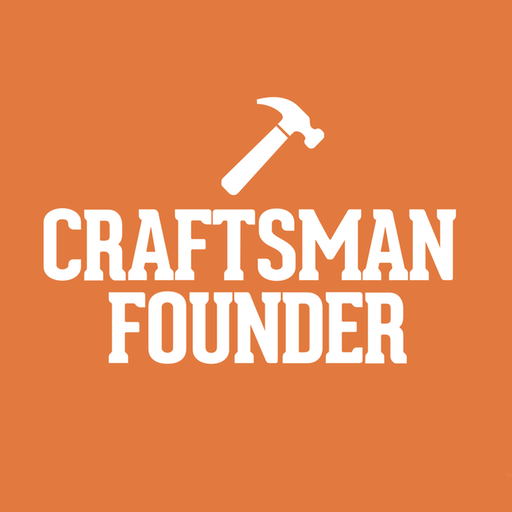Podcast 4: How to Get Your Startup to IPO with Dave Hersh
Many founders hope to one day take their company public on the stock market and have it be worth over $1B+ in market cap. To Dave Hersh, this dream is a reality with Jive Software, a company he founded and lead for 8 years and through 3 different business models.
In one of the 3 business model changes, Dave had to let go of $15M of revenue in a profitable business with happy customers to turn Jive into a company that could go public.
Dave also happens to be one of my personal mentors and friends. This week we have the honor of interviewing Dave, who runs a brilliant startup blog and often talks about founder’s impatience.
Show Notes
- You were involved for 8 years and stepped out right before it went public. Can you tell us why? My work/life balance was unbalanced, I was traveling too much and it was putting too much strain on my relationship with my family.
- What did you learn about work/life balance? You, as the founder, set the terms of work/life balance for yourself and for everyone at your company and manically spending all your waking hours doing your startup is not a requirement of success.
- Can you tell us about any bad startup ideas you had before Jive and how you knew Jive was different? Many of the “bad” ideas, we did them as part of Jive. You always have to keep looking for bigger opportunities for the business, you should never fall in love so much with any one idea that it blinds you from doing something better.
- What are the top 3 most common mistakes that you see startup founders make?
- Trying to scale your idea or company prematurely before you have proven your business idea… see the Startup Genome Project’s Report on the #1 cause of startup failure (74% of high growth internet startups fail due to premature scaling).
- Being dogmatic about how to do startups (seed round of funding, then an A round, then a B round, etc). You should not force a company to be bigger than it should be just because you want it to be.
- Ego. Many entrepreneurs feel like they need to be successful in the eyes of their peers which leads them to be dogmatic and scale their business too early.
- What’s the best piece of advice you have ever received about starting companies? Business is really just a conversation. The better we get at conversation, storytelling, listening… the better we get at business. Read about Montaigne on the Art of Conversation on Dave’s blog.
- A few years ago, you became a Venture Capitalist with the top VC firm Andreessen Horowitz. What has being a VC taught you about startups and founders that you didn’t realize while being a founder? My favorite entrepreneur pitches came from founders who told great stories and I always wanted to know what drove them, what compelled them to build exactly this startup.
- How has the way you approach and think about startups changed over the years? This is not about you, and it is not about you being seen as successful and achieving. This is just about you creating something great in the world. I don’t have the same urgency to have to prove myself any more. I am just doing something that I really really love to do. I would wish this upon my younger self.
About the Author
Lucas Carlson
Lucas Carlson is a hands-on consultant, author and entrepreneur. He helps founders discover opportunities for growth, both for their companies and for themselves. He was the CEO and founder of AppFog, a popular startup acquired in 2013 after signing up over 100,000 developers and raising nearly $10M in venture funding from top angels and VCs.
